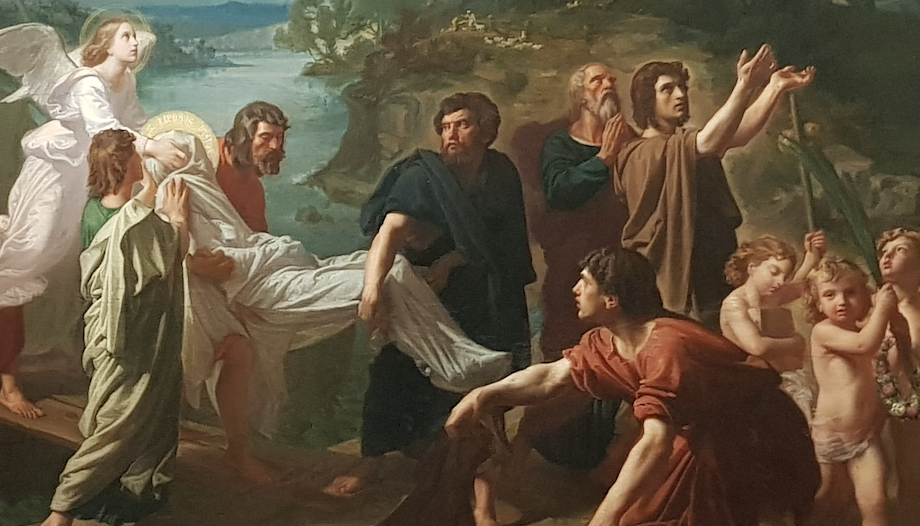This Monday the traditional National Offering will be made by the Royal Delegate during the Mass of the Feast of the Virgin Mary. Translation (transfer) of the remains of St. James the Apostle in the Cathedral of Santiago, presided over by the Archbishop Monsignor Francisco Prieto. The royal delegate on this occasion will be Miguel Ángel Santalices, president of the Galician Parliament, appointed by King Felipe VI. Santalices served as royal delegate in the Offering to the Apostle on July 25.
The death of St. James the Apostle is the only one of the holy Apostles that the New Testament recounts (Acts of the Apostles); and the oldest reference to the tomb of St. James is by St. Jerome (331/420), as he has written in Omnes the specialist in the History of the Apostle James, Ángel María Leyra Faraldo (+). The Martyrology of Florus of Lyon (between 808 and 838) records "the birth (to Heaven) of the blessed Apostle James, brother of John the Evangelist, beheaded by King Herod in Jerusalem"..
Apostolic catalogs from the 6th to the 8th centuries refer to the transfer of the body of St. James the Apostle. "In the year 829, Alfonso II declared that the garments of this Blessed Apostle, that is, his most holy body, have been revealed in our time. Which, having heard, I went with the magnates of our palace to pray and venerate, with great devotion and prayers, such a precious treasure, and to proclaim him Patron and Lord of all Spain", he says. Ángel María Leyra Faraldo.








